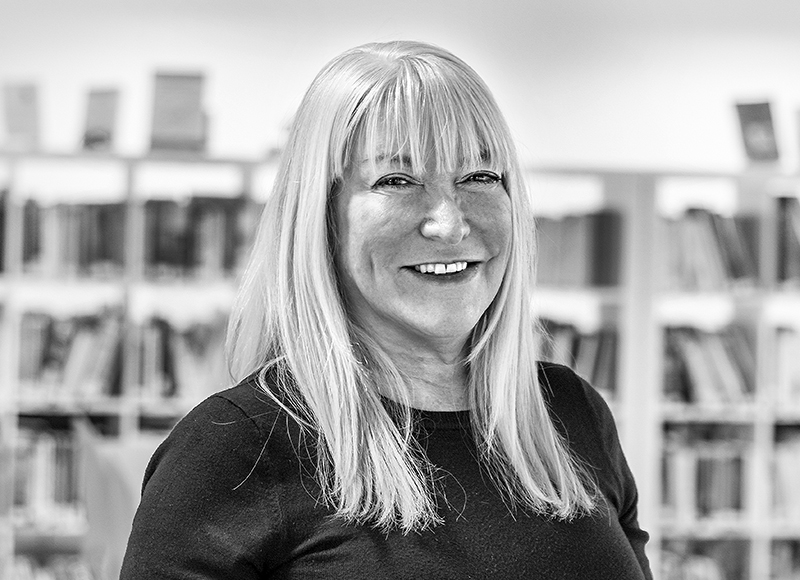Blog:
Four principles for avoiding the misuse of behavioural science in business.
Behavioural science has become a hot topic, but as with any new, powerful tool, there is the possibility for misuse...... →
For general enquiries please contact us on
+44 1223 248888
enquiries2025@innoviatech.com
St Andrew's House, St Andrew's Road
Cambridge CB4 1DL United Kingdom
FIND US
Is it ethical to use Behavioural Science in the private sector? Our take...
This white paper emerged from a discussion with practitioners about how to get the most out of behavioural science in the private sector, and how to avoid its misuse. It traces the rise of behavioural science in the public sector and its uptake in the private sector. It also reflects on the debate that has been taking place as to whether taking advantage of people’s inherent cognitive biases could be considered to be unethical.
We conclude that, used well, behavioural science in the private sector does not have to be deceitful, covert or manipulative. Businesses can and should use behavioural science for the public good. Furthermore, consumers have a different relationship with private companies than they have with politicians and policy makers.They expect that companies will want to make a profit. They expect that companies will try to sell to them. There is an implicit contract between the consumer and the brand owner. Businesses may, in fact, have more licence to use behavioural science than the public sector, provided they are not dishonest.
In the past, there has been public unease about the use of the psychological sciences in the commercial sector. This produced a backlash against apparently subversive techniques, but also resulted in the setting up of a code of practice supported by the industry. The same may be needed with respect to the use of behavioural science.
As a starting point, we suggest the following guidelines:
This document explains how we reached these guidelines. In the spirit of this discussion, we continue to invite and welcome your feedback: hrr_freshperspective@innoviatech.com

I am a consultant with a background in social psychology who leads the behavioural science team. Before coming to Innovia, I managed the international brand consultancy at Leo Burnett Advertising and led the corporate reputation team at Brunswick Group. My PhD concerned how we think about ageing, and I have lectured at the University of Cambridge on this topic. The link between these disparate activities is trying to understand people: why they do what they do when they have said they will do something completely different? And what is it that influences their behaviour? When I am not thinking about human behaviour, I can be found dancing or riding horses – altogether simpler and lot less stressful!